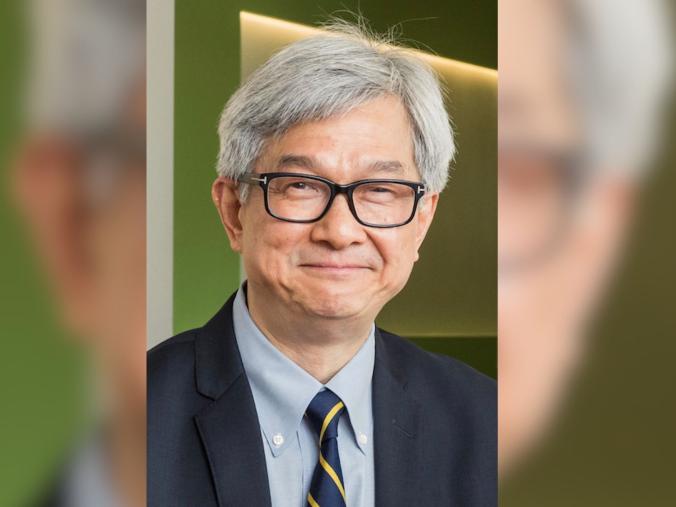Dr. David Wong's New Grants Target Early Detection of Lung and Oral Cancers

David T.W. Wong, D.M.D., D.M.Sc., has spent most of his 21 years at the UCLA School of Dentistry conducting pioneering research on the use of saliva as a diagnostic medium for early detection and monitoring of systemic diseases. Now, two recently awarded grants will empower his team at the UCLA Center for Oral/Head and Neck Oncology Research to identify biomarkers for lung and oral cance
Dr. Wong and colleagues representing the UCLA Jonsson Comprehensive Cancer Center have received a five-year, $4.6 million grant from the National Cancer Institute (NCI) to develop and improve existing liquid biopsy technologies for the early detection of lung cancer — the leading cause of cancer death in both men and women in the U.S.
Currently, computed tomography (CT) scans are used to find suspicious lung nodules, which are small abnormal growths. However, CT scans typically reveal numerous nodules, which presents a challenge in determining which may be pre-cancerous. If malignancy is detected, a follow-up scan six months later is required.
The NCI grant will allow researchers to further leverage Electric Field–Induced Release and Measurement (EFIRM) technology developed at UCLA that indicates the presence and nature of cancer via a single drop of bodily fluid. This research is a collaborative effort involving campus-wide experts in lung cancer biology, medicine, pathology, engineering, dentistry, and radiology to develop and optimize this technology.
“We are extremely excited about this work as the next horizon of liquid biopsy for early cancer detection: Non-invasive, highly discriminatory, minimal volume, and best performance,” said Dr. Wong. “We will not only be able to detect malignancy at the time of lesion detection but begin treatment as well."
In the previous phase of their research, the team discovered a specific type of DNA called ultrashort and single-stranded DNA in the blood, which appears to be associated with lung cancer. The team hopes that by combining information from this DNA, specific genetic changes, chemical modifications in the DNA, small RNA molecules, and detailed imaging, they can create a comprehensive model to detect lung cancer in these nodules at the earliest stage.
Learn more about the 4.6M NCI grant in this story from the UCLA Jonsson Comprehensive Cancer Center.
Dr. Wong’s second funded study targets an even more common malignancy. The American Cancer Society has granted $1.6 million to develop a groundbreaking method for predicting the progression of oral precancers to cancer.
Oral cancer constitutes one-third of head and neck cancers in the U.S. and half of worldwide cases, however, there is no clinical, biochemical, or molecular ability to predict cancer progression of oral premalignancy mucosal lesions (OPML). There are also no reliable tools to forecast the advancement of oral precancerous lesions.
This pioneering research project focuses on two key areas. First, the UCLA team will collaborate with Dr. Catherine Poh at the British Columbia Cancer Research Centre, who has spent the past two decades monitoring a group of 400 individuals with oral precancers. This unique cohort provides a treasure trove of data, allowing scientists to identify and validate specific biomarkers in these patients. These biomarkers, found in biofluids like blood, will be instrumental in predicting the progression of oral precancers to cancer.
Concurrently, the researchers will develop personalized and highly precise omics targets (biological markers) to detect oral cancer at its earliest stages. A sophisticated technology called Broad-Range cfDNA-Sequencing (BRcfDNA-Seq) will enable them to comprehensively analyze cell-free DNA in cancer patients, and in turn, identify a new category of strands that are highly indicative of malignancy.
“We are most excited and privileged for this project which will empower physicians, dentists, and even patients themselves to assess malignancy in suspicious oral lesions,” said Dr. Wong. “This will significantly the progression of the disease and net survival rate for a condition that affects 10 percent of our population."
